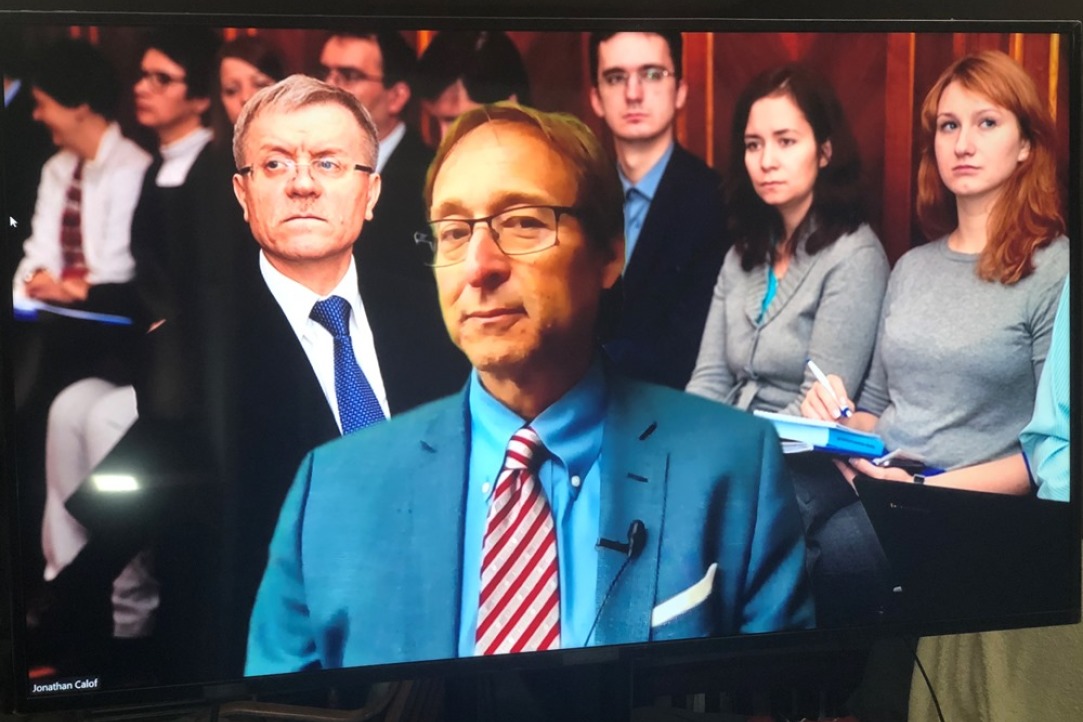
'I Hope That I Will Be Able to Travel to Moscow to Be with My HSE Colleagues and Friends Soon'
Jonathan Calof has been cooperating with HSE since 2009. In an interview with HSE News Service he talks about how his involvement with HSE began, what projects he has been part of, and how he has organized his online work during the recent lockdown.
.jpg)
Joint Seminar of HSE Faculty of Biology and Biotechnology and George Mason University
First-year undergraduate students of the HSE Faculty of Biology and Biotechnology took part in an online seminar at George Mason University (USA). The seminar was part of the Coronavirus Research Update summer course, taught by Professor Ancha Baranova.
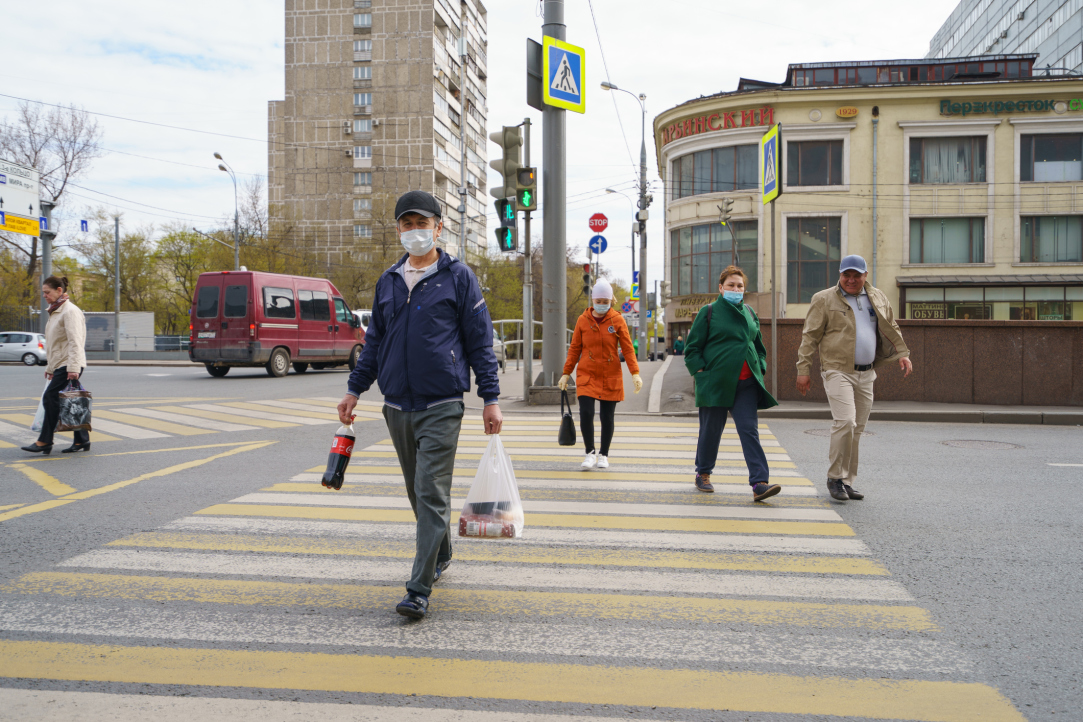
State and Civic Efforts Helped Save at Least 80,000 Lives in Russia During the Pandemic, HSE Experts Say
In a study, ‘How Many Deaths from COVID-19 Were Avoided by Russian Society’, experts from HSE University found that the restrictive measures taken by the Russian government and its citizens to combat the spread of the virus saved the lives of tens of thousands of Russians.

Slut-Shaming by Lend-Lease
Russian women who associated with Soviet allies during World War II were subjected to unusually harsh persecution. This was especially true in the north of the country that saw the arrival of thousands of U.S. and British sailors. For having contact with these foreigners, Soviet women received the same severe punishment meted out to Nazi collaborators: charges of treason and 10 years in a forced labour camp. HSE Associate Professor Liudmila Novikova studied how and why this policy shaped their destinies.

Foresight and STI Governance Journal Enters Scopus Q1
The journal Foresight and STI Governance published by HSE University has joined the ‘elite’ of Scopus, the biggest international database for research citations. In the latest ranking, this journal appears in Q1 for the following areas: Economics, Econometrics and Finance, and Decision Sciences in the ‘miscellaneous’ category. Foresight and STI Governance has become the first HSE University journal in social sciences to achieve this level of success.

Medieval Russian History through the Eyes of American Historian
On June19,Valerie Kivelson, Professor of History at the University of Michigan, conducted an online workshop ‘How to Draw Hatred? The Litsevoi Letopisnyi Svod and Depictions of Religious Others’. It was organized by HSE Cenre for Medieval Studies within the series of discussions on medieval Russia.She spoke with HSE News Service about the seminar, her attitude to historical research, and having online discussions instead of live meetings.

The Worst Is Probably Behind Us: HSE Experts on the Economic and Social Effects of COVID-19
Although the Russian economy is gradually recovering from this spring’s blow, it is too soon to talk about the situation evening out. Meanwhile, primary and secondary school students seem to be quite comfortable with uncertainty. Even more so, they appear to have a more positive view of the situation than their parents and teachers do. These are the discussion points of the sixth HSE analytical newsletter on the impact of COVID-19 on Russia and the world.
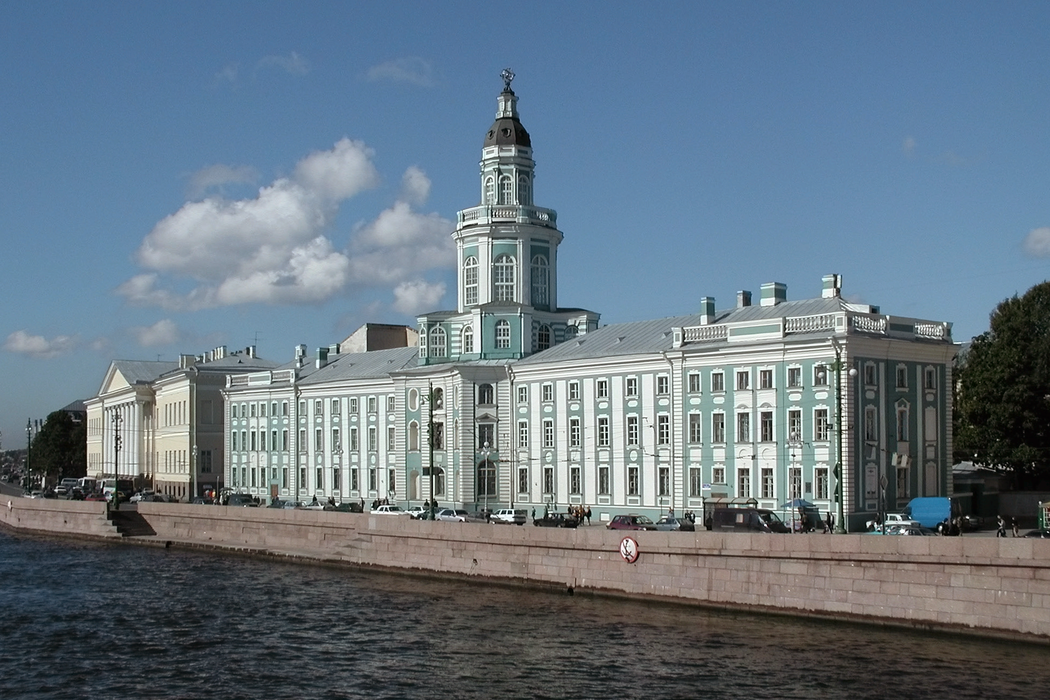
HSE University’s Andrey Golovnev Wins State Prize
Andrey Golovnev, a Corresponding Member of the RAS, Director of the Peter the Great Museum of Anthropology and Ethnography (Kunstkamera) and Professor at HSE University’s School of Arts and Humanities has received the state prize for his contributions to the study of cultural heritage of the Arctic peoples.
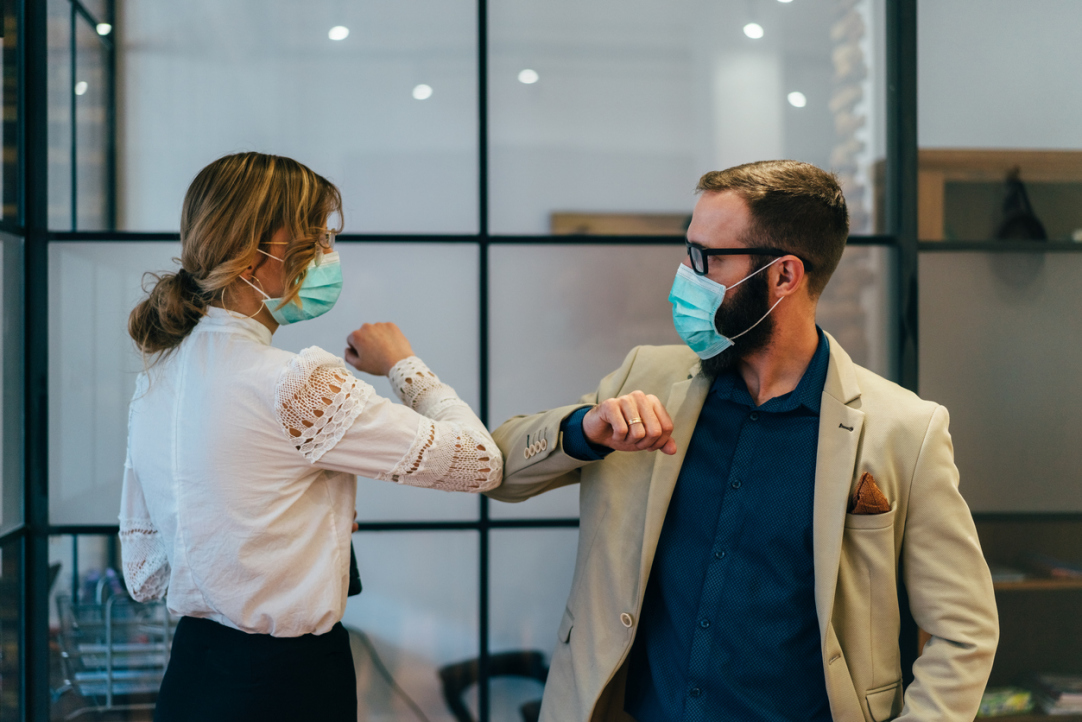
Trust in Mask: How COVID-19 Has Changed the Attitude of Russians to Each Other
As a result of the COVID-19 pandemic, when the whole country ended up in self-isolation, some people have to ask for support, others prepare themselves in readiness to provide it. Have Russians felt more cautious in recent months, or do people who have been forced to stay at home still remember how to trust and help? In order to find the answers to these questions, we can analyse the data from a new all-Russian survey conducted by HSE Centre for Studies of Civil Society and Non-Profit Sector.
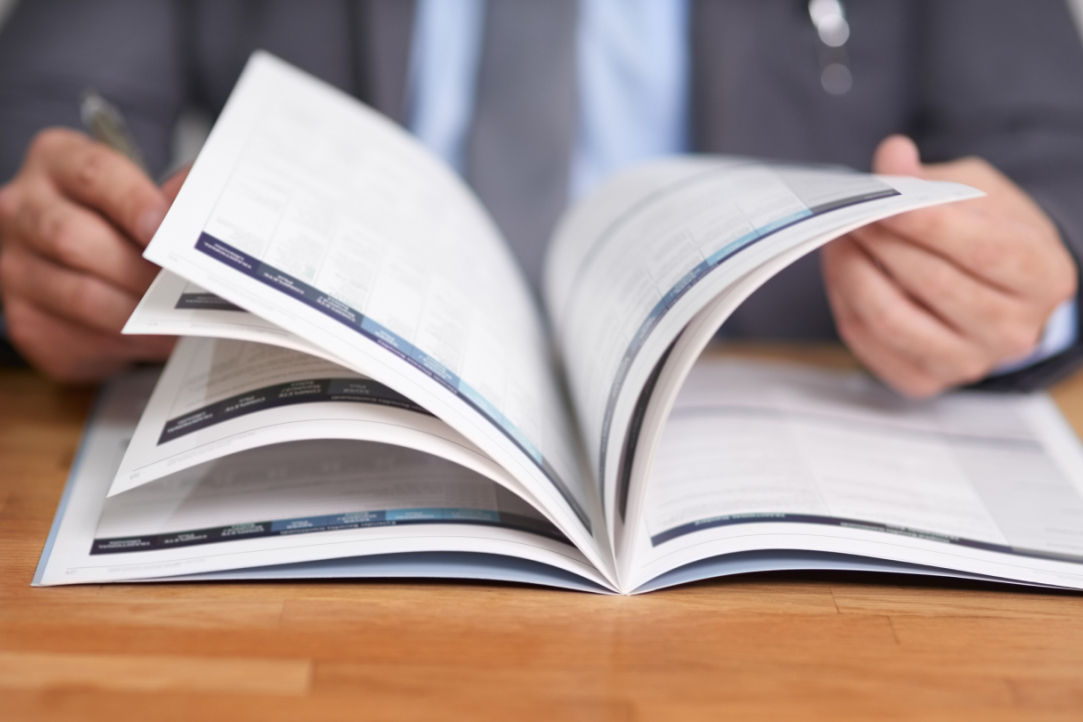
Educational Studies Moscow Journal Strengthens Its International Standing
Educational Studies Moscow journal, which is published by HSE University, is now included in the second quartile (Q2) of the Scopus international scientometric database. This reflects the high level of citation and demand for the journal within the academic community, thus confirming its status as the best Russian publication in the field of education.

